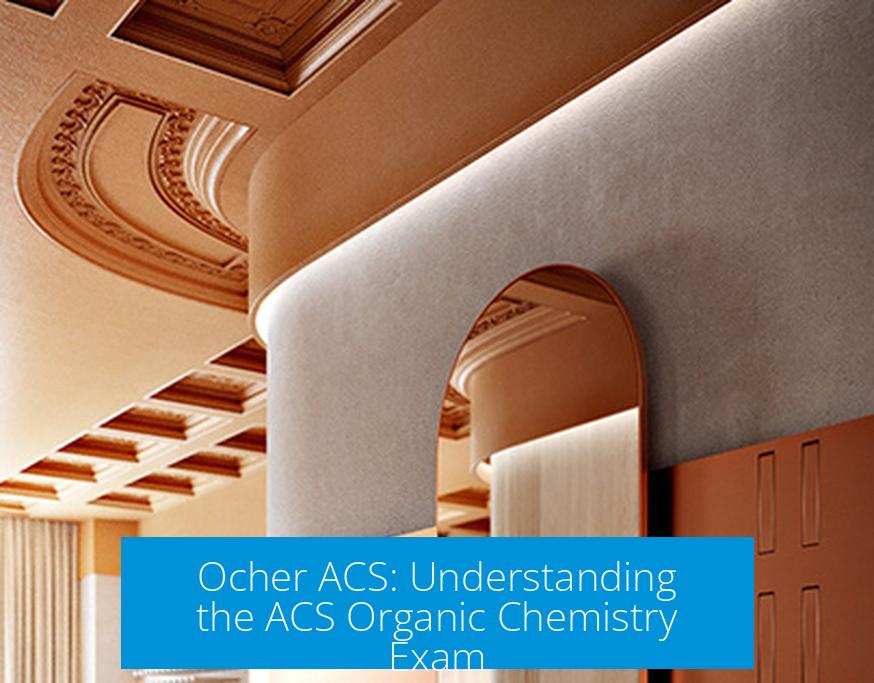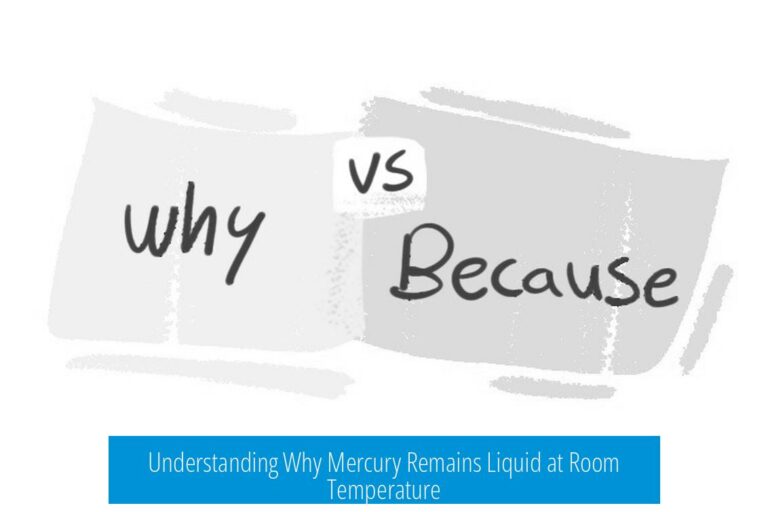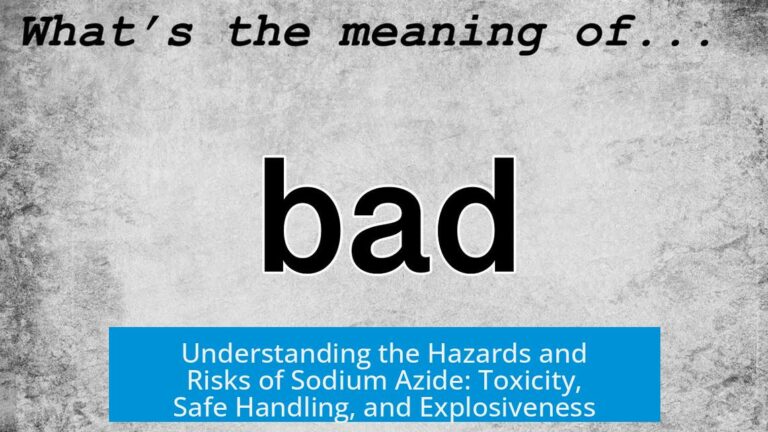Ocher ACS: Understanding the ACS Organic Chemistry Exam

The ACS Organic Chemistry exam is a challenging assessment that tests both synthesis and theory equally, requiring thorough mastery of organic chemistry concepts and problem-solving skills. It presents a higher level of difficulty compared to typical university organic chemistry tests, making it a significant benchmark for students.
Difficulty and Preparation
The ACS exam demands deep comprehension. An A-grade on this test generally predicts excellent university course performance. The exam surpasses most standard tests given by professors in complexity and focus.
Content Focus of the ACS Exam
Students face a 50:50 split between synthesis questions and theoretical understanding. This balance means they must grasp mechanisms and reactions thoroughly while also being able to apply principles to solve problems.
Study Materials and Strategy

- Study Guide Use: The ACS study guide is essential for preparation. It provides insight into the exam’s format and question style.
- Format Familiarity: Getting accustomed to the exam format reduces surprises and improves time management.
- Exam Emphasis Alignment: Since professors emphasize different topics, the study guide better reflects the official ACS exam’s scope, ensuring targeted study.
- Active Learning: Passive reading is insufficient. Students must engage in active problem-solving to solidify their understanding and apply concepts effectively.
Benefits of the ACS Final Exam
- Premed Students: The test serves as a robust review for the MCAT, helping reinforce critical organic chemistry topics relevant to medical school admissions.
- Chemistry Majors: While not a substitute for comprehensive textbooks like Clayden’s, it offers a concise overview of organic chemistry, useful for exam preparation and course review.
Format Understanding vs. Subject Knowledge
Familiarity with the exam format improves confidence and readiness. However, format knowledge alone cannot replace mastery of organic chemistry fundamentals. Success demands solid subject knowledge combined with strategic exam practice.
Key Takeaways
- The ACS exam is more challenging than standard university organic chemistry tests.
- It equally tests synthesis skills and theoretical understanding.
- Using the ACS study guide enhances familiarity with the exam and focuses study efforts effectively.
- Active engagement and problem-solving improve retention and performance.
- The exam benefits both premed and chemistry majors as a preparation and review tool.
- Understanding the exam format helps but does not replace comprehensive subject mastery.
What makes the Ocher ACS exam harder than typical university organic chemistry tests?
The Ocher ACS exam covers both theory and synthesis equally. It demands deep understanding, not just memorization. Professors say it is tougher than most other course tests.
How should I use the ACS study guide for the Ocher ACS exam?
The study guide helps familiarize you with the exam format. It aligns closely with the ACS final’s focus, which can differ from your professor’s emphasis. Use it for active problem solving, not just reading notes.
Why is active problem solving important when preparing for the Ocher ACS?
Active problem solving helps solidify concepts. Simply reading notes won’t suffice. Working through problems improves understanding of synthesis and theory tested on the exam.
How does the Ocher ACS final benefit premed students?
It provides a strong review for the MCAT. The content overlaps with key organic chemistry topics needed for medical school entrance exams.
Is the Ocher ACS exam study guide a replacement for organic chemistry textbooks?
No, it is not a full substitute. The guide is great for mastering the format and exam focus. However, deeper subject knowledge should come from textbooks like Clayden or class materials.





Leave a Comment